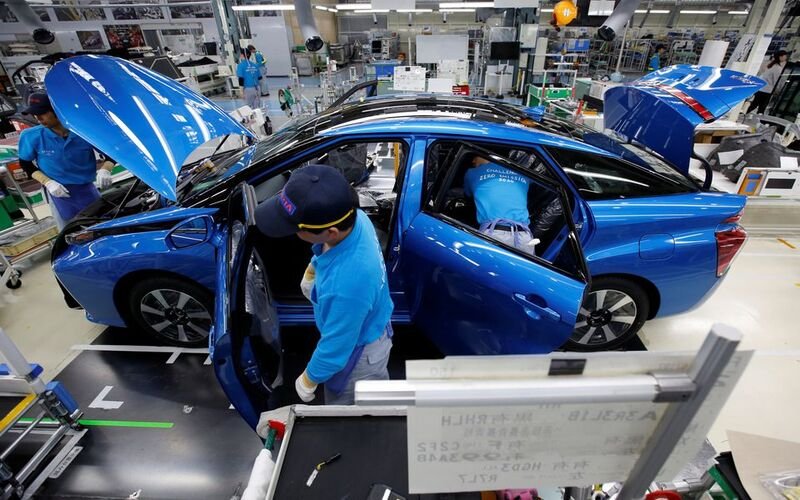In a surprising turn of events, Toyota, one of the world’s leading automotive manufacturers, halted operations at 12 factories in Japan due to a system failure. This unforeseen disruption sent shockwaves through the automotive industry and raised questions about the vulnerability of modern manufacturing processes. In this article, we delve into the details of this incident, its implications, and Toyota’s response to the crisis.
The Unprecedented System Failure
1. Scope of the Disruption
The system failure that forced Toyota to halt operations at 12 Japanese factories was far-reaching. It impacted critical production processes, including supply chain management, quality control, and logistics. The scale of the shutdown underscores the integral role of automated systems in today’s manufacturing landscape.
2. Root Causes
While Toyota has not disclosed the precise causes of the system failure, it is evident that software or hardware glitches played a significant role. This incident highlights the need for continuous monitoring and upgrading of digital infrastructure to prevent such disruptions.
Implications for Toyota
1. Production Delays
The immediate consequence of the system failure is a delay in production schedules. This could affect the availability of Toyota vehicles in the market and potentially impact sales targets for the year.
2. Supply Chain Ripples
Toyota’s extensive supply chain is intricately connected to global suppliers. Any disruption in its Japanese manufacturing facilities can cause ripples throughout the supply chain, affecting suppliers, dealerships, and customers worldwide.
3. Reputation Management
Toyota has built a reputation for quality and reliability over the years. This incident, although unforeseen, challenges that reputation. Toyota’s response to the crisis and its ability to swiftly resume operations will be closely watched by stakeholders and customers alike.
Toyota’s Response and Future Preparedness
1. Swift Action
Toyota responded promptly to the system failure, temporarily shutting down operations to assess and rectify the issue. This decisive action demonstrates the company’s commitment to quality control and customer satisfaction.
2. Digital Resilience
In the aftermath of this incident, Toyota will likely invest further in digital resilience. This may involve comprehensive audits of its digital infrastructure, enhanced cybersecurity measures, and redundancy systems to minimize the impact of future disruptions.
3. Global Impact
The Toyota system failure serves as a reminder that even industry giants are not immune to technological hiccups. It underscores the global interconnectedness of the automotive industry and the need for robust contingency plans.
Conclusion
The system failure that led to the shutdown of 12 Toyota factories in Japan is a stark reminder of the vulnerability of modern manufacturing processes. While Toyota’s swift response mitigated immediate disruptions, the incident has broader implications for the automotive industry’s reliance on automation and digital systems.
The world watches keenly as Toyota works diligently to restore operations and enhance its digital resilience. This incident highlights the importance of continuous monitoring, upgrading, and cybersecurity measures in an era where technology underpins the heart of manufacturing. Toyota’s response and future preparedness will impact its fortunes and set a precedent for the entire automotive industry in managing unforeseen technological challenges.










































Comment Template